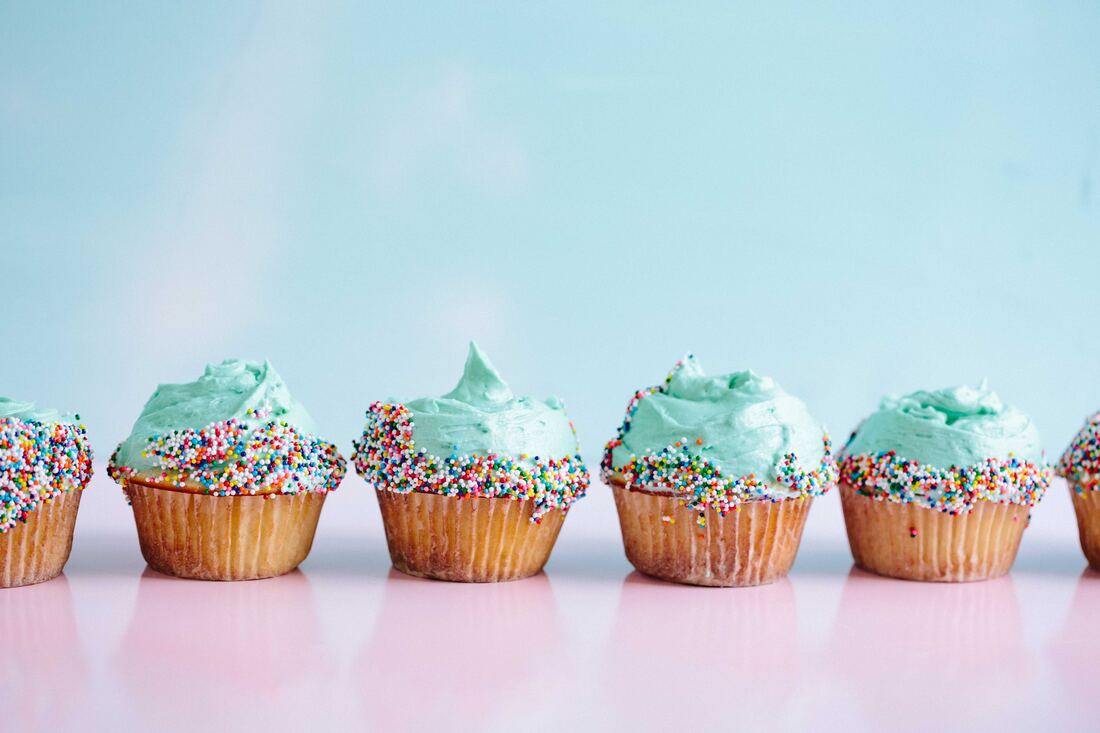 Photo by Brooke Lark on Unsplash "I was surprised." Little Guy turned 5 this week! His birthday party included many friends from Pre-K & their families, as well as other friends and family. He wanted to be surprised, but he also wanted to know he was going to be surprised. So, about 10 minutes before guests arrived I was able to take Little Guy for a drive until MamaDada texted they were ready. Gosh, was he so excited! We parked back at home. Walked hand-in-hand through the gate to the front door and knocked. I could hear on the other side of the door, people saying, "Hide!" and "Let's all jump out on 1-2-3." At the same time, Little Guy was saying, "I hope I'm surprised." "I think I'll be surprised." And I'm just cracking up as the bystander to all this preparation to be thrilled! Little Guy opened the door, stepped through and there was this moment of silence. Everyone - including the birthday boy - holding their breath until his friends and family jumped out of their hiding places to cry, "Surprise!" And as everyone's laughing, I hear Little Guy with a huge smile say quietly, "I was surprised." Everything else about the celebration was icing on the cake - he unconsciously recognized the instant - the moment marking the milestone. A Habit that Says "I see you." People, time moves quickly. Make time to mark the milestones! Marking milestones may require a new habit of looking for moments to celebrate. Parties or bigger events are important for the major milestones, but unnecessary - and impractical - to let your child know you see her, you see what she accomplished today. A simple "hey, good job" or "wow, I'm proud of what you just did" may be all the moment requires. And, hopefully, you will hear her say, "I was surprised." But just the first time you practice this habit - with lots of practice on your part, soon, she may be able to recognize the moment and tell you about it! And that's a milestone to celebrate!
|
Purpose
Nonna's Thoughts are for busy parents who are looking for practical knowledge, and a bit of laughter, in growing strong, joyful families.
Categories
All
|

